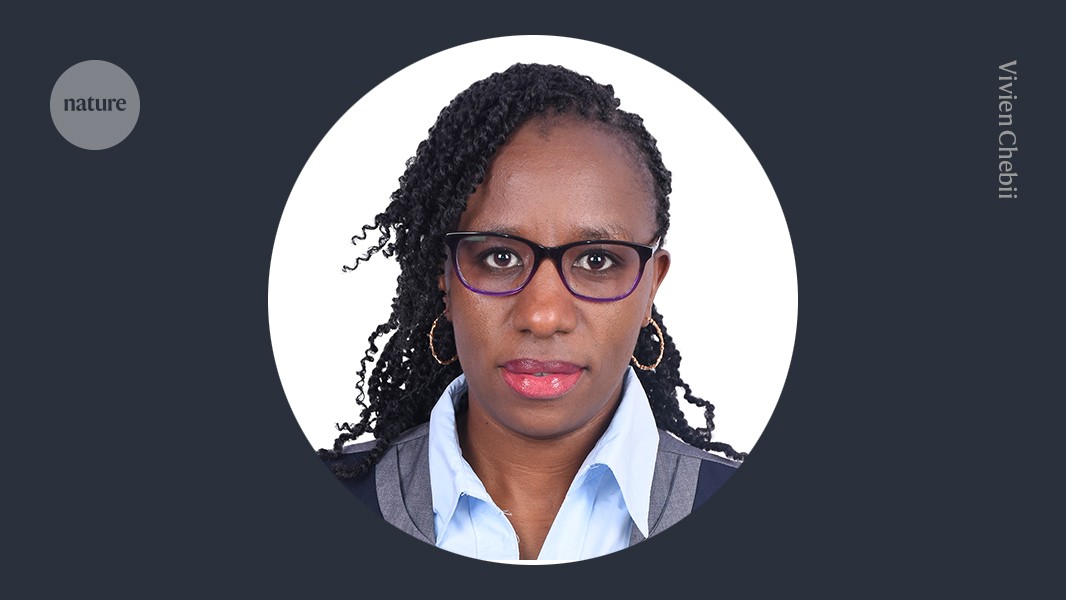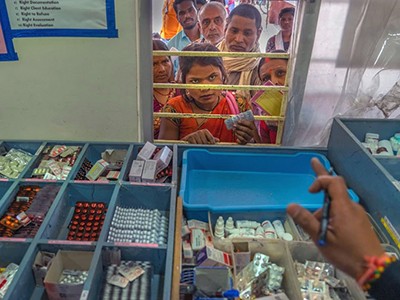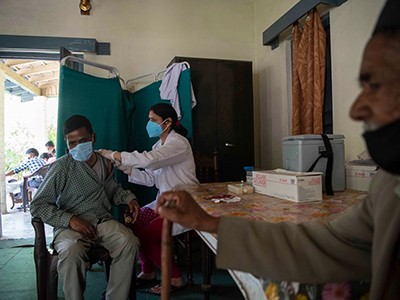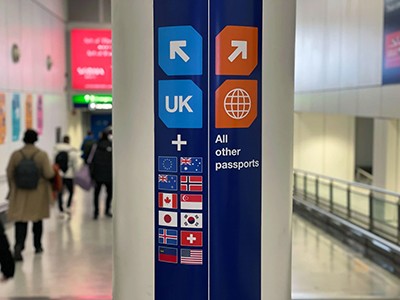Across African nations, an estimated 116 million people are living with mental illness. Yet the causes are poorly understood in African settings, leading to stigmatization and misdiagnosis. I’ve seen how this can wreck lives. One friend was fired from work after her bipolar disorder went undiagnosed for years. Another, too afraid to seek treatment for their major depressive disorder, died by suicide.
In 2022, feeling compelled to combat these misunderstandings, I switched from livestock research to studying mental health, supported by my mentor Michèle Ramsay, a geneticist at the University of Witwatersrand in Johannesburg, South Africa. Now I’m a member of the Depression Genetics in Africa consortium — made up of 20 researchers across Ethiopia, South Africa, Nigeria, Malawi and the United Kingdom who are trying to unravel the genetics of depression in more than 10,000 individuals.
Make gene therapies more available by manufacturing them in lower-income nations
This work is essential because there has been little research into genetics and depression outside populations of European descent. Unique mutations in other groups are being missed, preventing researchers from understanding the aetiology of disease in much of the world.
But I’ve been dismayed to find that, unlike in many other areas of health research, important tools in my new field — including screening tools, neuroimaging equipment and genetic research facilities — are prohibitively expensive for scientists and clinicians working in Africa.
A particular bottleneck relates to the questionnaires used to diagnose mental illnesses. Because most of these were developed and validated by scientists in the West, they cannot be used to accurately diagnose people living in other cultures. Those that have been validated globally are often either too costly or complex to administer.
A rethink of pricing strategies is needed, for the sake of global health equity.
Save lives in the next pandemic: ensure vaccine equity now
Take the consortium’s project, for example. We would have liked to use a well-validated questionnaire for a range of mental illnesses that is easy to use and can be completed in 15 minutes. But screening 10,000 people using our chosen tool would cost 2.7 million South African rand (US$150,000).
We decided that, for our project, this cost was too high to justify, and the same is probably true for many researchers in Africa. A typical grant in South Africa might be worth around 200,000 rand — enough to screen fewer than 1,000 people, without taking into account other research costs. Longitudinal studies that require the questionnaire to be administered to each participant several times also incur higher costs. And South Africa is one of Africa’s best-funded nations — such costs are even less affordable for people in lower-income countries.
Often, resource- and time-constrained researchers who cannot afford gold-standard questionnaires end up resorting to ‘quick and dirty’ unvalidated tools. This can exacerbate inequities. The data are perceived to be less credible than are data gathered by peers who can afford well-validated questionnaires, and so are often excluded from global-health discussions, policy decisions and high-impact journals. The result is a cycle in which high-income nations dominate the research landscape and set agendas that might not favour others.
Without commenting on any individual providers, in my view, owners of mental-health questionnaires (and other tools for mental-health research) should consider adopting flexible pricing strategies, such as those used elsewhere in medicine.
Citizenship privilege harms science
For example, some pharmaceutical companies price their products on the basis of a country’s gross domestic product per capita. This improves access to essential drugs, such as antiretrovirals, and expands the companies’ market presence in low-income nations. The Global Fund, a non-profit organization based in Geneva, Switzerland, subsidizes the cost of anti-malarial medications in nations in which malaria is endemic. And voluntary licensing agreements, which allow local manufacturers to produce drugs at a fraction of the cost of the branded equivalents, are helping to combat HIV and COVID-19 across low- and middle-income countries (LMICs). All these pricing models could be applied to mental-health assessments.
There are other ways to alleviate costs. Fees for assessments could be waived for researchers in the most resource-constrained settings, as is already done by some vendors to allow clinicians to screen refugees and victims of terrorism. And the World Health Organization and World Federation for Mental Health should advocate for tools to be made open access for non-commercial uses in LMICs.
There’s an argument that products need to be priced to recoup the costs of developing and maintaining them. This might be true — but, in my view, ongoing maintenance for electronic screening tools is minimal. It is crucial to strike a balance between cost considerations, affordability and benefit for users.
Enhancing the representation of minoritized populations in mental-health research is essential. Scientists in African countries already struggle because of inadequate funding, insufficient research infrastructure, a shortage of researchers and lengthy waiting times for ethical approval. It’s high time that the world took steps to combat these inequities, starting with pricing.
Competing Interests
The author declares no competing interests.





